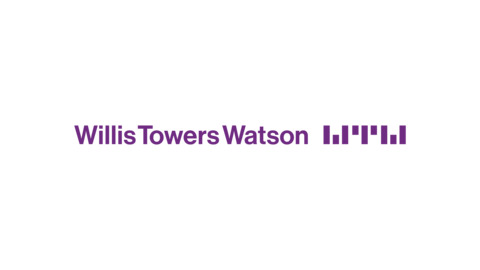It may be a natural human reaction, but we all tend to underestimate how long our lives will be. So we save for a future that we expect to be much shorter than it actually is. This ought to be a pleasant surprise, but instead we find ourselves needing to fund an extra five, six, even 10 years – and from savings that may not have been enough in the first place.
We’ve now moved well away from the idea of the defined benefit scheme. The situation is more complex, but the employer still has responsibilities as the sponsor of the chosen pension plan – one that you’re contributing to alongside the employee. For both parties it’s vital to get this all-important investment right.
Why you need to act now
The Office for National Statistics recently estimated that the number of over-65s in work has risen by 188% in just 20 years. That means the percentage of the workforce aged 65 or older has gone up from just 5% to 11% over that same time period. As well as the increase in the state pension age, this has been driven by the realisation for many that they cannot afford to retire yet and need to continue to add to their pension pots.
As well as working longer, we’re also far more likely to move jobs every few years. People entering the workforce in the 2020s can expect to have six, seven or more different employers during a career that may extend into their seventies. Not only might this create a patchwork of pension pots, but the job of managing that employee’s retirement will fall to their final employer. The responsibility of helping many people to make the transition from full-time employment, perhaps through part-time working, to a full retirement will be your responsibility.
This will also be made more complex still by the different levels of financial knowledge and the unique blend of objectives and financial resources of each employee. No two will be alike in their needs, with some having second homes and possibly inheritances, and others perhaps entirely reliant on their employer's scheme and the state.
What should you be doing to help?
It may seem like a cop out to say that there are few easy solutions to this conundrum. But doing nothing really isn’t one of them. Employees need help with navigating the new complexities of the pension world such as drawdown, and if you’re not part of that solution you should be asking yourself why not.
The most important thing you can give is access to an advisor able to assist your staff to make the right decisions for them. Partnering with a provider with the capability and resources to support you and your employees is vital. The decisions faced by employees will not only affect what subsequently happens to them, but also how you are able to manage the departure of staff smoothly and efficiently.
Until human nature – and pension regulation – changes the onus is on employers to provide help to their employees and the necessary support to allow them to make informed choices about their future retirement needs. Helping workers avoid potential pitfalls such as cashing in their pension pot and facing big tax charges, or choosing poor value and inappropriate drawdown providers, is achievable. It is surely not too much to expect employers to help their people find better places and means to get the information they need, be that about products or further advice and guidance – and from sources that are honest, reliable and independent.
The good news is that you’re not alone. There are organisations with the capability and resources to ensure that you can plan ahead and address the issues that you and your employees face in planning for retirement. And whatever your future might hold, it’s never too late to seek help.
David Bird is head of proposition at LifeSight by Willis Towers Watson










